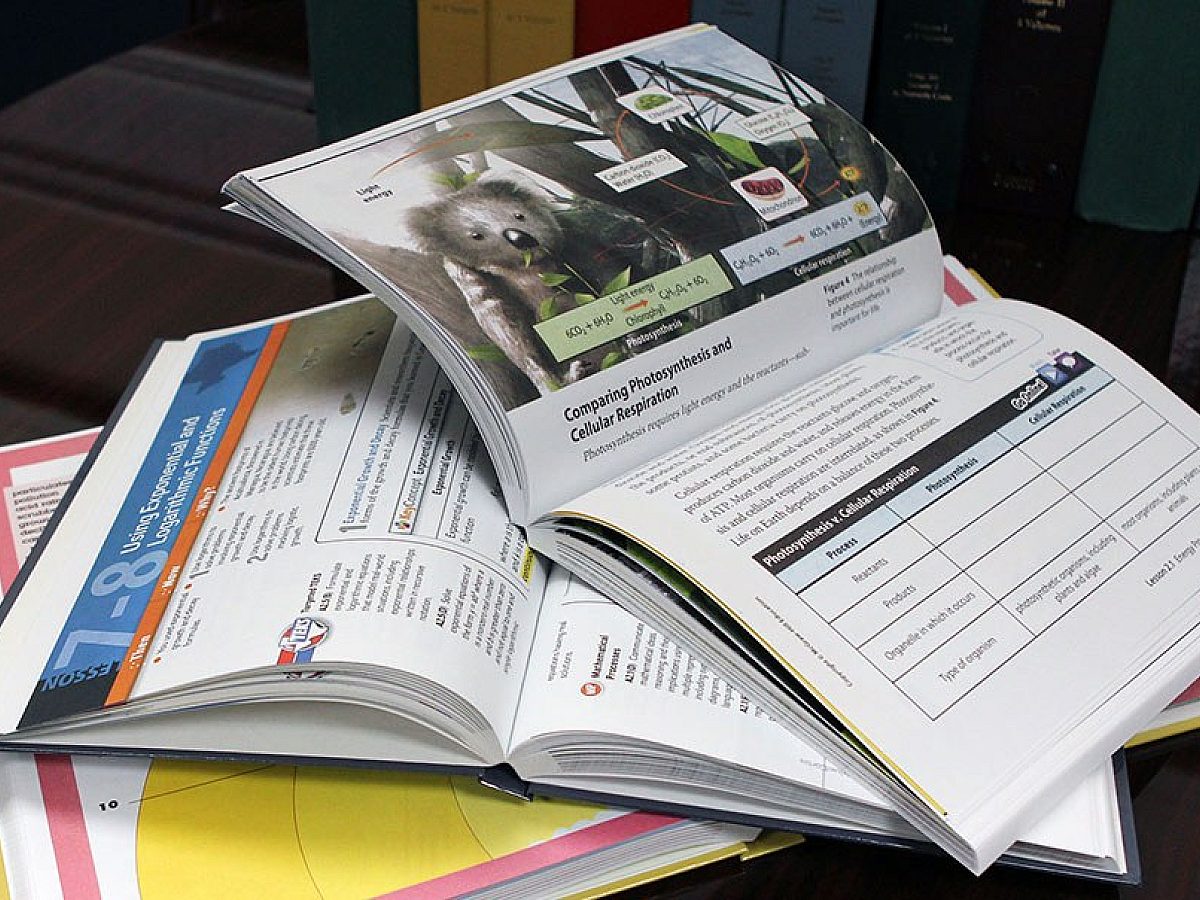𝘈𝘱𝘱𝘳𝘰𝘹 𝘳𝘦𝘢𝘥 𝘵𝘪𝘮𝘦: 3 𝘮𝘪𝘯𝘴🕒
International mergers and acquisitions (M&A) can be the perfect solution for any company looking to expand its brand overseas.
However, the M&A of any two companies can present numerous challenges. The data collection and due diligence alone can seem like a mammoth task.
The purchasing company will need to consider:
- Finances
- Employees
- Legal documents
- Company policies
- Taxes
- Government paperwork
- Handovers
- And more
The list can be exhaustive, and that is before we consider both the languages and regions of the companies in the proposed agreement. For example, from the list above, government paperwork could be in a different language and may follow completely different global regulations.
Of course, we are a legal translation company. But also, we have experience with M&As. We have acquired companies both in the UK and abroad, from Robertson Languages to a German company formerly known as Pursuit, now Wolfestone DE so we are well-placed to discuss your preparations.
In this blog, we will also look at:
- Legal translation accuracy
- More key considerations
The need for legal translation accuracy
Legal text is known for its complexities, and it wouldn’t be uncommon for even native speakers of a language to have difficulty understanding what is being communicated.
Legal texts frequently contain terminology and phrasing that wouldn’t be found in everyday speech, and some legal terms and phrases used may be specific to the laws of a particular country or region.
In a nutshell, the complexity of legal translation can mean that a direct translation may not be possible, especially by machine translation or a translator not versed in legal terms.
When it comes to document translation for international mergers and acquisitions, though, accuracy is king.
An accurate and legally sound translation is vital to assisting a smooth and successful international takeover or merger.
A vague or ambiguous translation can have severe implications on the legal process. Not only could it disrupt proceedings, costing thousands in legal fees, but it has the potential to damage an existing agreement between the companies involved.
To ensure the highest quality legal translation of your international mergers and acquisitions material, a talented, knowledgeable, and experienced translator is an absolute must-have.
Your translator must only ever translate into their native language, and they must have a strong knowledge of the language and culture of the source text. The best translators will have extensive knowledge and experience of working within the legal sector, and will ideally have experience of business takeovers and mergers.
Top tip: We'd highly recommend also speaking to a corporate law firm.
Key considerations when translating legal text
Ensure consistency across languages
Another important factor when translating legal text for international mergers and acquisitions is consistency.
Key terms and phrases are often repeated across many documents. It is therefore useful to create and continue to build what is known as a translation glossary to ensure that your translation stays consistent.
If you don't know, a translation glossary is a specialised list of terms and their definitions, often used in large-scale translation projects.
As mentioned, translation glossaries are useful in legal contexts such as M&As to ensure uniformity across all the relevant documents.
Translation security
When preparing for an international M&A, you'll need to consider the security of your translated documents.
Entrusting the private information of your business with a language provider is an enormous commitment and requires a lot of trust.
When choosing the language provider that’s right for you, you need to think about what systems they have in place to ensure the information about your takeover or merger remains confidential.
We'd recommend asking your potential language service provider what their information security measures are, what ISOs they have, and whether or not their translators sign NDAs.
Extra translation needs
As touched upon in the introduction, M&A translation does extend beyond the documents directly involved.
Alongside these, you will need to have a translation plan for handovers, company policies, brand guidelines, privacy policies and more.
Conclusion
Ultimately, it’s highly recommended to search for the support and advice of a legal translation agency, in addition to the usual corporate legal support to help navigate these complex waters.
Get in touch today to see how you can benefit from our corporate legal language support.
𝘒𝘦𝘪𝘳𝘢𝘯 𝘩𝘢𝘴 𝘣𝘦𝘦𝘯 𝘸𝘳𝘪𝘵𝘪𝘯𝘨 𝘢𝘣𝘰𝘶𝘵 𝘭𝘢𝘯𝘨𝘶𝘢𝘨𝘦 𝘴𝘰𝘭𝘶𝘵𝘪𝘰𝘯𝘴 𝘴𝘪𝘯𝘤𝘦 2021 𝘢𝘯𝘥 𝘪𝘴 𝘤𝘰𝘮𝘮𝘪𝘵𝘵𝘦𝘥 𝘵𝘰 𝘩𝘦𝘭𝘱𝘪𝘯𝘨 𝘣𝘳𝘢𝘯𝘥𝘴 𝘨𝘰 𝘨𝘭𝘰𝘣𝘢𝘭 𝘢𝘯𝘥 𝘮𝘢𝘳𝘬𝘦𝘵 𝘴𝘮𝘢𝘳𝘵. 𝘏𝘦 𝘪𝘴 𝘯𝘰𝘸 𝘵𝘩𝘦 𝘏𝘦𝘢𝘥 𝘰𝘧 𝘔𝘢𝘳𝘬𝘦𝘵𝘪𝘯𝘨 𝘢𝘯𝘥 𝘰𝘷𝘦𝘳𝘴𝘦𝘦𝘴 𝘢𝘭𝘭 𝘰𝘧 𝘰𝘶𝘳 𝘤𝘰𝘯𝘵𝘦𝘯𝘵 𝘵𝘰 𝘦𝘯𝘴𝘶𝘳𝘦 𝘸𝘦 𝘱𝘳𝘰𝘷𝘪𝘥𝘦 𝘷𝘢𝘭𝘶𝘢𝘣𝘭𝘦, 𝘶𝘴𝘦𝘧𝘶𝘭 𝘤𝘰𝘯𝘵𝘦𝘯𝘵 𝘵𝘰 𝘢𝘶𝘥𝘪𝘦𝘯𝘤𝘦𝘴.







